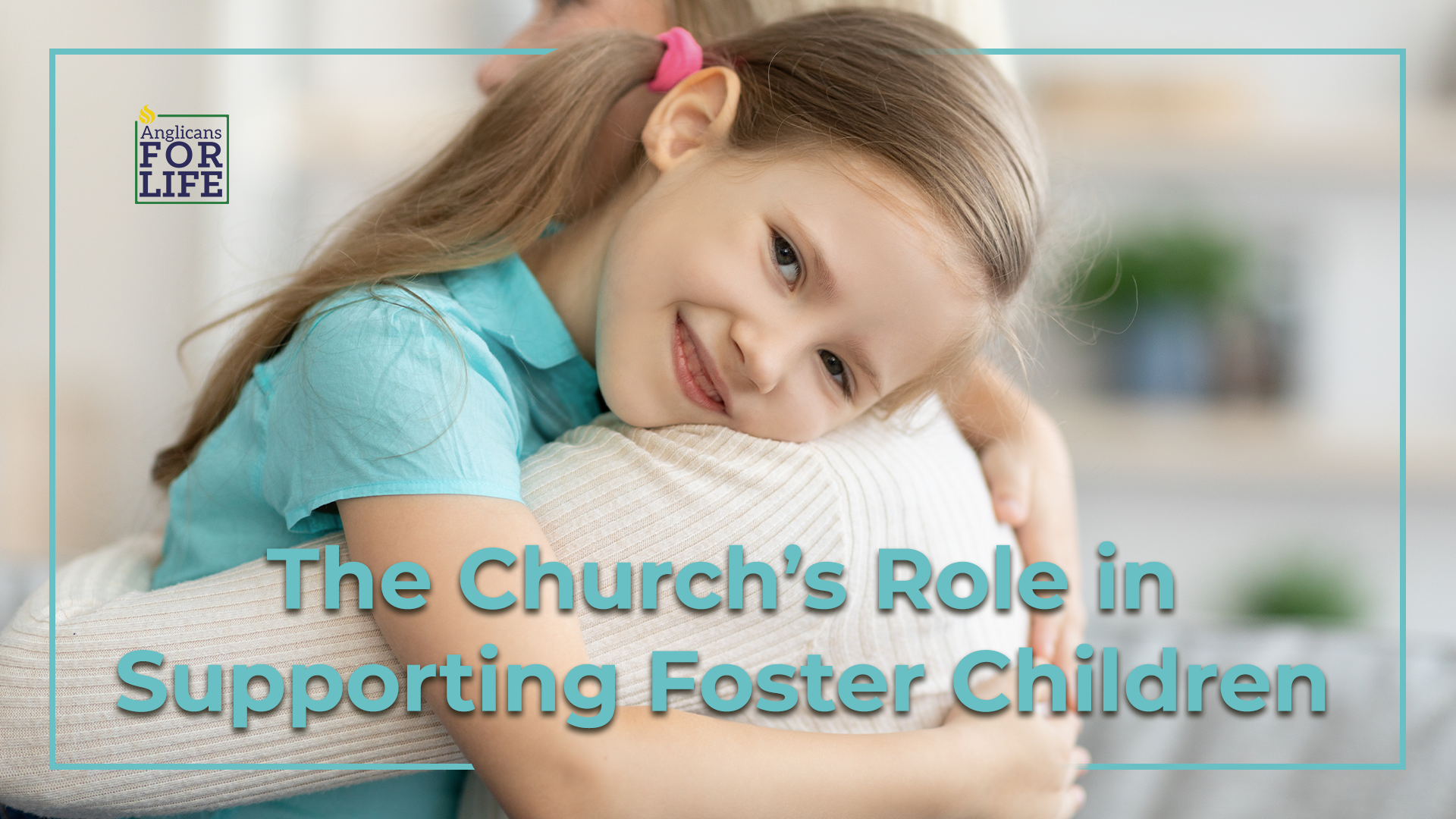By: Johnston Moore
April was National Child Abuse Prevention Month. In light of this, we looked at ways we as followers of Jesus, can help prevent child abuse and neglect. This includes, praying for at-risk children and their families, supporting impacted families, and keeping our eyes open for signs of abuse and neglect.
Sadly, many children are abused and neglected in our world, and perhaps even in our communities; every single day. Sometimes, services are put in place to help families stay together and allow the children to remain in their homes safely. Many children, however, experience abuse and neglect to such an extent that it is no longer safe for them to remain in their homes. In those cases, the children often become part of the foster care system.
May is National Foster Care Month. According to the Child Welfare Information Gateway, “National Foster Care Month is an initiative of the Children’s Bureau. Each May, we take time to acknowledge foster parents, family members, volunteers, mentors, policymakers, child welfare professionals, and other members of the community who help children and youth in foster care find permanent homes and connections. We use this time to renew our commitment to ensuring a bright future for the more than 407,000 children and youth in foster care and celebrate those who make a meaningful difference in their lives.”
The Administration for Children and Families Children’s Bureau’s Annual Adoption and Foster Care Analysis and Reporting System (AFCARS), reported more than 407,000 children and youth in our nation’s foster care system at the close of fiscal year 2020.
More than 216,000 children and youth entered foster care during the fiscal year. Of those who entered, more than 43,000 were less than a year old, and another 64,000+ were five and under. 64% of the children who entered care were removed due to neglect. Another 35% were caused by parental drug abuse; 13% were an inability of the caretaker to cope and physical abuse; 5% of those children were abandoned, and 1% were relinquished voluntarily to the system.
More than 224,000 children exited foster care during this time as well. Of those who exited, 48% were reunited with their parents or primary caretakers. Another 25% were adopted, and 9% aged out of the system as an emancipated foster youth. Tragically, 360 children and youth died in foster care during the fiscal year.
Initially, when a child enters foster care, they are often placed with strangers for an undetermined period. They will possibly be enrolled in a new school with new teachers and classmates in an unfamiliar neighborhood and perhaps a new city. They do not know when or if they will see their parents or return home. This disruption in a child’s routine can be very traumatic and only serves to compound the damage done by the abuse and/or neglect they have already experienced.
The goal of the foster care system is to ensure that each child achieves safety, permanency, and well-being. When a child is detained, a case plan is usually given to the parent(s) or caretaker(s). Part of that plan may include parenting classes, the submission of clean drug tests, and securing stable housing. The parents/caretakers are given a set amount of time to work their case plans and regain custody of their child. If they succeed, the child is often returned home. If they make progress, but still need to make further changes, they may be given more time. If the parent(s) take too much time or fail to work out their case plans, their parental rights will be terminated. At this point, a new permanent situation is sought for the child, hopefully in a family setting – either with relatives or a new, adoptive family.
Foster care is a traumatic experience for children. Thankfully, the Church can play a role in providing support for children during this difficult time by:
- Praying for children, families, and workers in the foster care system.
- Connecting with local child welfare offices and agencies, learn about the needs of the children, their biological families, and their foster families, and meet them.
- Raise and support foster families within (and outside of) their congregations.
- Start foster care ministries or partner with other churches in the area that are also engaged in supporting Foster Care Services.
If you’d like to learn more about how your Church can get involved, please contact Anglicans For Life.
For more information, visit https://www.childwelfare.gov/topics/outofhome/foster-care/.

Johnston Moore
John has been married to his wife Terri since 1988, and together they have seven children, all of whom were adopted through the Los Angeles County foster care system. John is a strong believer in and vocal advocate for permanency and justice for children, having witnessed the impact that both have had on his children. John enjoyed a career in Hollywood in film/TV production and as a screenwriter before becoming fully immersed in adoption and foster care ministry, first through his employment at Hope for Orphans, and then at Home Forever.
Currently, John is living with his family in Virginia, where he is a regular speaker at Focus on the Family’s Wait No More Adoption Conferences. They attend Redeemer Anglican Church in Richmond, VA and are passionate about seeing the ACNA be a part of what God is doing through the foster care and adoption movement.

